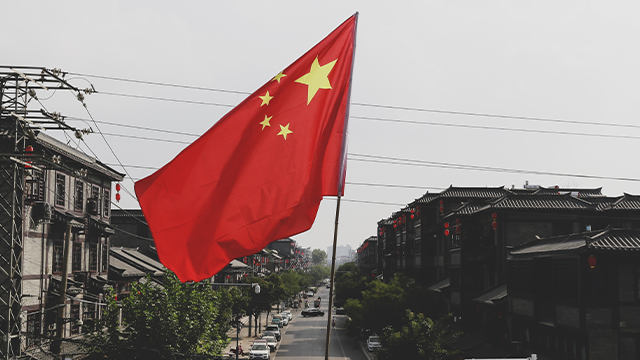Last month, even before the start of the Russian full-scale war against our state, Russia and China proclaimed that their friendship “ ;no limit”. Today, the Celestial Empire is quietly distancing itself from the Russian economy, which has been badly hit by the harsh sanctions of the West. Reported by CNN Business.
Despite China being Russia's No. 1 trading partner, Beijing has other priorities. Trade between the two countries accounted for only 2% of China's total trade. According to Chinese customs statistics last year, the European Union and the United States have much larger shares, the publication writes.
CNN Business is convinced that Beijing is quietly making life difficult for the Kremlin in the following ways:
- Let the ruble fall
Since the start of the war in Ukraine, the ruble has already lost more than 20% of its value against both the dollar and the euro. By allowing the Russian currency to fall against the yuan, Beijing is doing nothing for Moscow.
- Do not share reserves
The sanctions froze Russia's reserves of about $315 billion. And if China allowed Moscow to convert its yuan reserves into US dollars or euros, it would help the Russians to get out of a difficult situation. For now, however, Beijing appears to be concerned about reputational risks.
- Containment of aircraft parts.
Sanctions imposed by the United States and the European Union mean that two major global aircraft manufacturers, Boeing (BA) and Airbus (EADSF), can no longer supply parts or provide support to Russian airlines.
CNN, citing a senior Russian official, reports that China has refused to send aircraft parts to Russia. So Moscow is looking for alternative supplies.
- Infrastructure investment freeze
The World Bank stopped all its programs in Russia and Belarus after the invasion of Ukraine. Since 2014, Russia has not approved any new loans or investments, and Belarus since 2020. More surprising is the decision of the Asian Infrastructure Investment Bank in Beijing to do the same.

